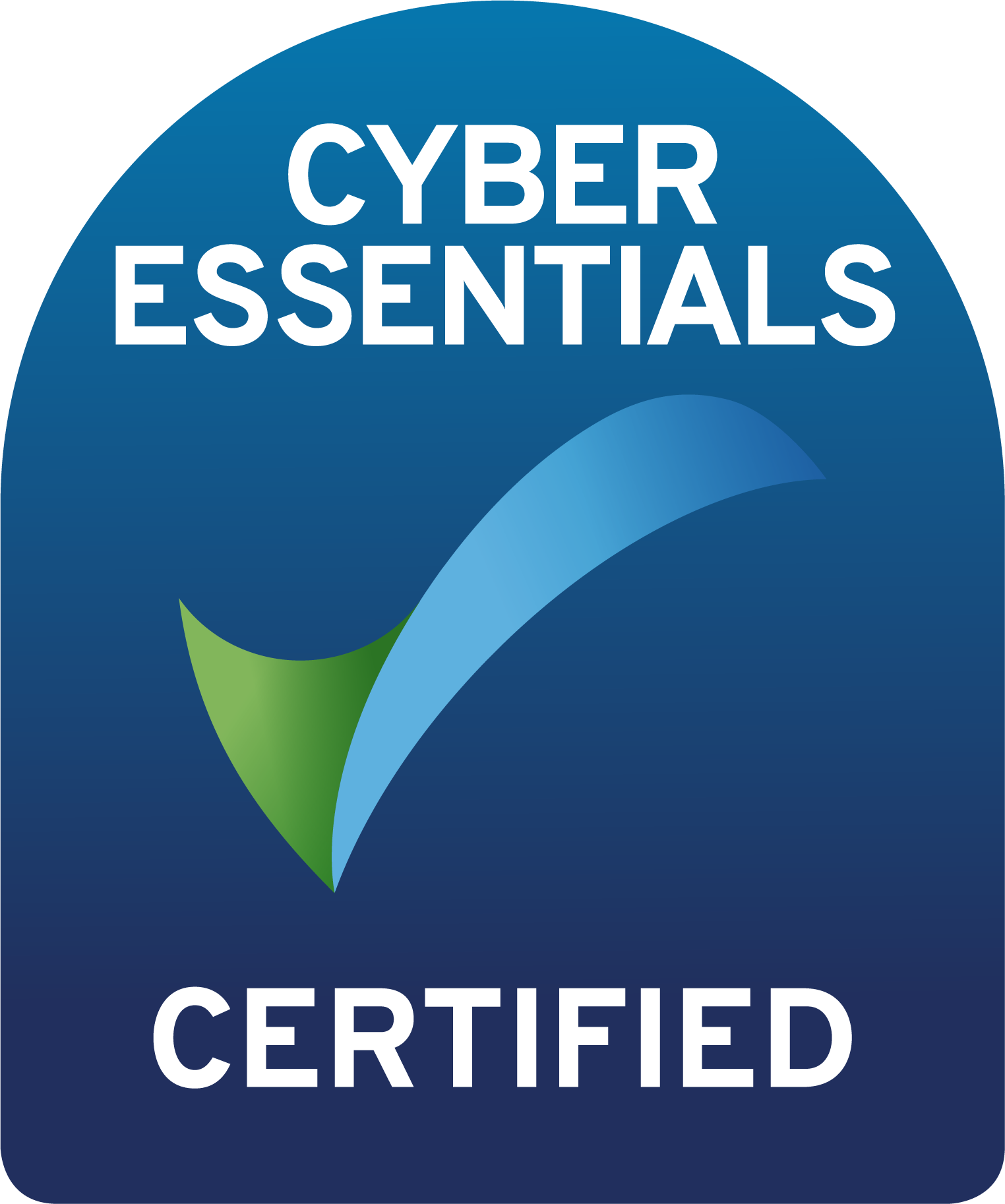
Your essential accounts checklist
Business - 28/04/2022
There’s a lot to think about when it comes to the accounts. It’s all about staying organised and updated with your finances. You can’t run a business without having a consistently clear picture of your financial situation.
You didn’t start a business to manage the finances. You started it to do what you love. That’s why we’re here to give you an essential checklist if you’re struggling to stay on top of your accounts.
#1 Check, check and check again
One of the most important things you have to do is regularly record, check and update your accounts. Business finances fluctuate, even more so in light of the pandemic. You might have a great month followed by a slower one. That means your cash flow management might need to change slightly.
If you don’t have an accurate idea of your accounts, you won’t know where to cut or where to invest. If you want to minimise the risk of cash flow problems, or even falling into debt, regularly refreshing and updating your accounts is a must.
#2 Record all of your data
It can be easy to finalise a transaction or expense and decide to just record it later. But if you’re busy or you’re growing, you might forget, or lose track of what you have and haven’t done.
You might be thinking that recording everything takes up a lot of time, but it’s easier than you’d expect. Many accounting software programs have apps you can use to report expenses and upload receipts, so it’s easy to take care of them immediately. Rather than sort through a stack of receipts at the end of the month, just snap a picture of the receipt and jot a note about the details.
#3 Back everything up
Nobody wants the nightmare of losing all of their data. Not just in terms of the accounts, but for client confidentiality as well. Your accounts are vital to the running of your business, and keeping them secure should always be a top priority.
A part of that is having a reliable backup system in place. Though some businesses still use physical storage, digital and cloud security is much safer. You don’t have to worry about physical damage, stolen files or even lost padlocks and keys if you use digital storage. Digital systems use firewalls and other security features to make sure your data is protected as much as possible.
#4 Ask your bookkeeper for help
No one can be expected to do everything perfectly 100% of the time. As a business owner, you’ll have your area of expertise, but that might not include accounts management. It’s always better to ask for advice and support from an expert if you’re unsure.
Whether it’s a system query, advice on how to build growth, or general guidance on how best to manage your accounts, an experienced bookkeeper will be able to keep you on track and minimise mistakes.
At Numero, that’s exactly what we’re here to do. Think of us as an extension of your team. To find out more about working with us, give us a call.
More from the Knowledge Hub
From information and help around all things accounts, to our thoughts and commentary on what’s happening in the world of law and finance – you’ll find it all here.
Understanding the AAT Code of Ethics
At Numero, we’re not just experts at managing accounts; we’re also committed to managing them […]
Introducing Darren Whelan, our new Head of Compliance!
Darren is a legal finance and compliance specialist with an impressive career that spans four […]
Top 8 bookkeeping mistakes made by new businesses
Let’s face it… starting a business comes with its fair share of challenges. From securing […]
Accounting ethics – Dos and don’ts and why it matters
Accounting ethics refer to the principles, values, and standards that guide the behaviour and decision-making […]
